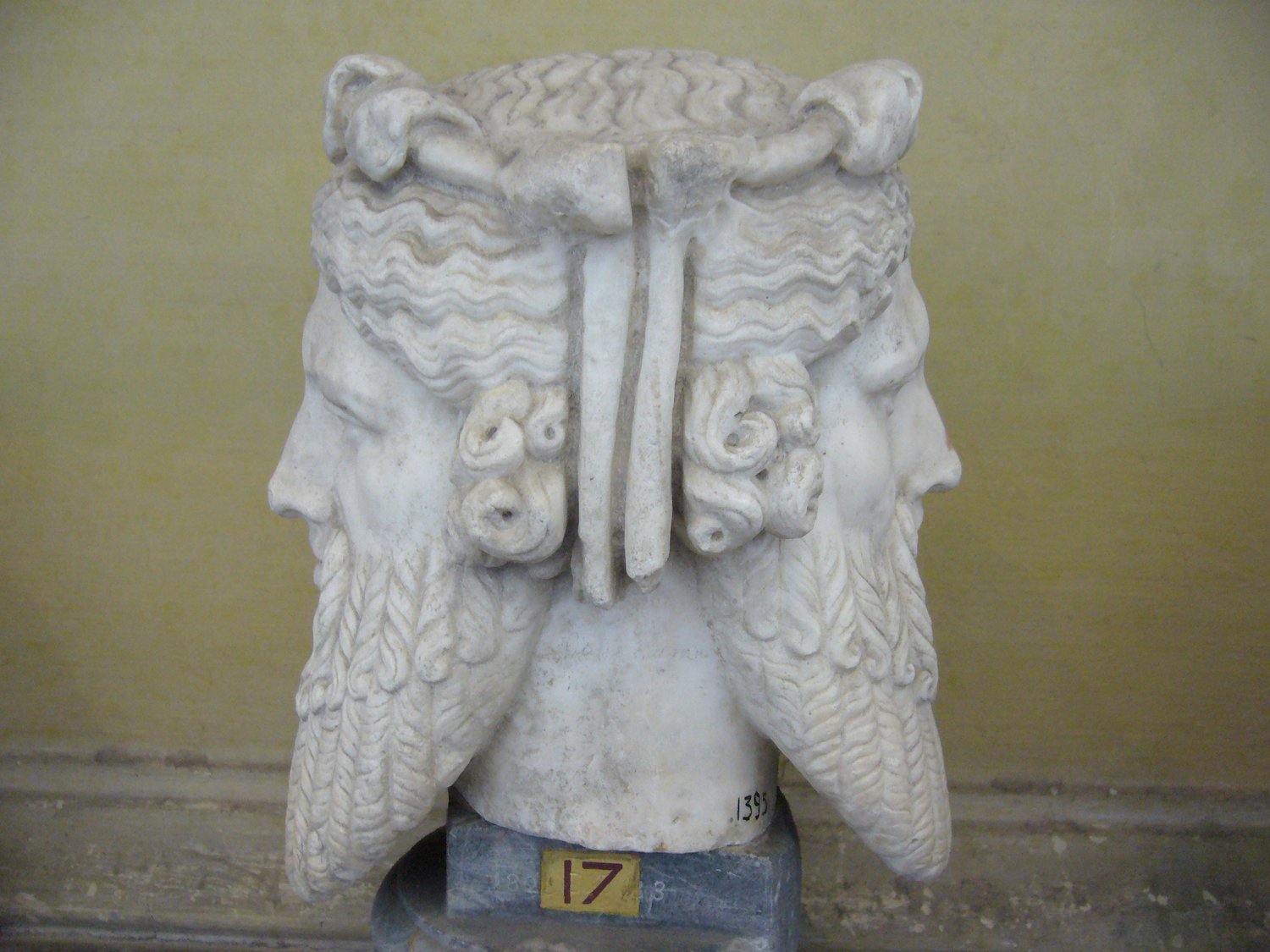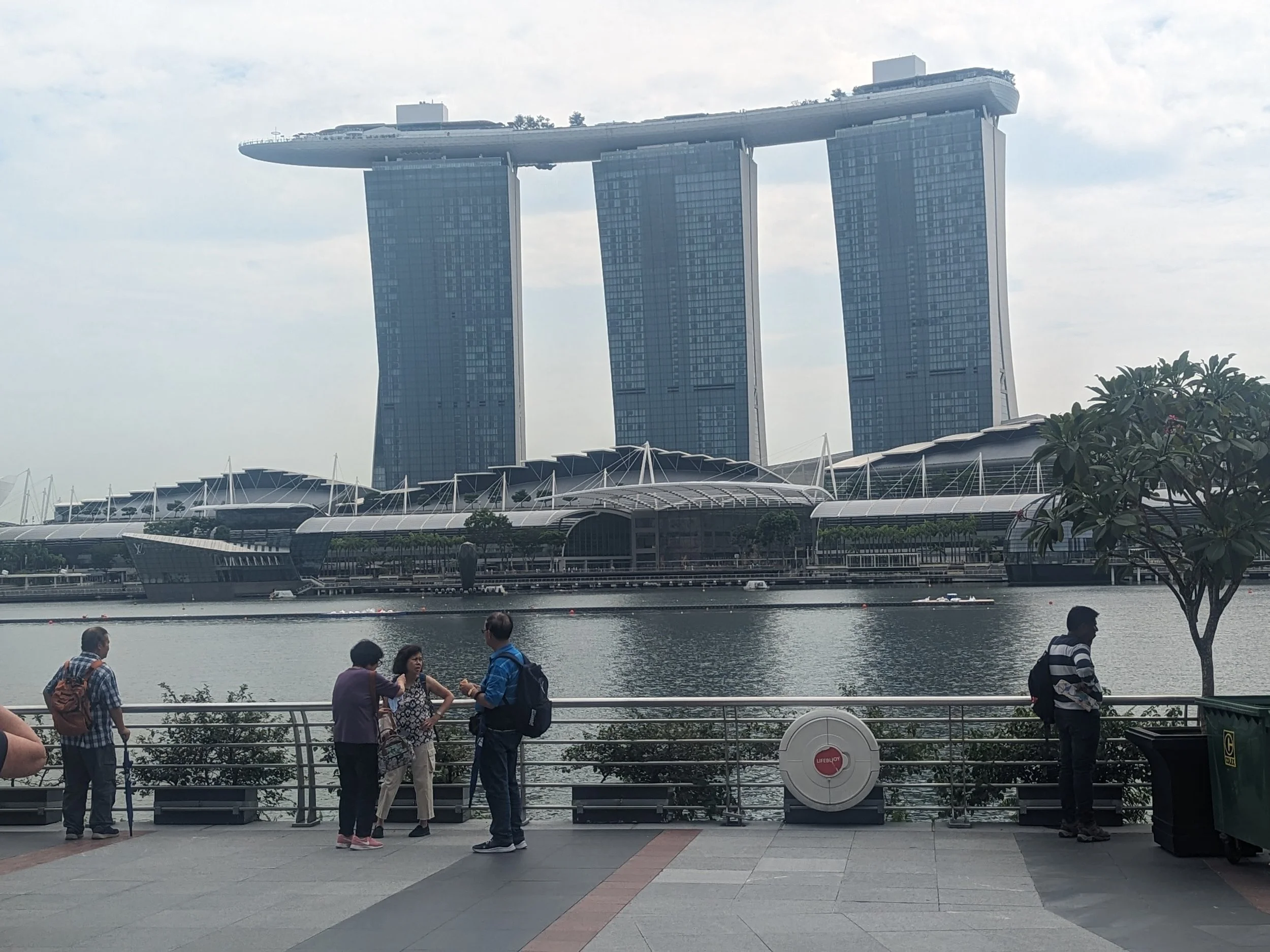The Sorrow and the Pitiful
The Sorrow and the Pitiful
JANUARY 15, 2024
The Sorrow and the Pitiful
One of the privileges of serving as a congregational rabbi is the ability to share in people’s lives, to walk with them through their joys and the sorrows. The joys were more enjoyable, and the sorrows were more challenging. But the sorrows were more meaningful. I learned about life and about living when I was present with my people as they endured their trials and difficulties. As their rabbi, I hope that I provided a presence and some comfort and assurance. As a human being at their bedside, I left every encounter enriched.
They don’t teach you that in rabbinic school.
More than twenty years ago, I received a phone call that a young girl my son’s age was diagnosed with a disease that required her to undergo a body disfiguring surgery that would alter her life permanently, followed by a few years of grueling therapy. And all this horror without the assurance that she would be able to survive and live into adulthood. I remember some of my many visits to the children’s hospital, and several check-ins at their home, which the parents turned into a makeshift recovery center and physical therapy clinic.
During the early go, the girl was understandably shell-shocked. But with time, great medical care and providence, the girl recovered and began to live her life again. She had a beautiful spirit, which emerged from this terrible crucible which nobody would wish on their worst enemy. (I have since lost touch with this family, but at last contact, the young woman is married and happy and the terribleness of the past is many miles behind her.)
But most remarkable to me was the indomitable spirit of her parents, particularly her mother. Were this my child, I would have fallen apart, melting into the linoleum of the fourth-floor children’s ward. Maybe mom did her melting, but I didn’t see it. She was tough. She made sure that her daughter did her therapy, followed through on her required medical regimen, kept up with her schoolwork from her bedroom and kitchen table. And most of all, when the young patient complained, she would not hear of it.
“You can do this. You will get this done. You have no choice. Now, what will you do next?” I was amazed. Whining was not tolerated. This family had a steep hill to climb, and no obstacle was going to get in their way. And the girl did it. And the family did it together. They reached the summit and they moved on with their lives. To my knowledge, everyone is happy and healthy.
That is what can be achieved when a person and a family refuse to be pitiful. Compassion, yes. Pity, no. Life gave them this choice. We can be objects of pity, which will be soothing for the moment. Or we can be encouraged to be strong and recover and live for the future. This is a choice.
Nobody wants to have to make this kind of choice. But what we choose determines our future and what kind of life we will live.
Friends, if that doesn’t inspire, well, nothing will.
I have not stopped thinking about Singapore. The place is a virtual Disneyland of cities. Everything works. Everybody is polite. I may write more on that in future posts.
The Japanese occupation of Singapore during the Second World War was brutal. Singapore was a British colony attached to the Malay peninsula. Besides its location straddling the shipping lanes of Asia, Singapore had nothing going for it. Surrounded by ocean, it has no natural resources and everyday endures unrelenting heat and humidity.
In 1963, Singapore and resource rich Malayasia became independent of Britain and were joined in a federation style government. Two years later Singapore was kicked out over differences in governance. With great leadership and determination, the Singaporeans pulled themselves together. This polyglot nation (Chinese, Malays and Indians live and work together, really, they do--merit counts, not ethnic identity) built a unique garden out of the rough swamp of mosquitos and sea water.
Judi and I first traveled to Singapore in 1980. Back then, the city state was growing. It was somewhat more expensive than Indonesia, but for us backpackers, we could drink the water, eat at food stalls and collect our mail at the American Express Office. Today, the city is a financial center dominated by tall office buildings, high rise apartments and high-tech businesses. Singaporeans sacrificed some of their liberties to the state. In return, they have enjoyed a bountiful increase in their standard of living. The quality of life is very high, and so are the prices. I could enjoy living there.
The Marina Sands 1000 room hotel is not large enough to fulfill the anticipated demand for conventioneers and tourists. In the coming decade, a fourth tower will be added to this facility. All of this is on reclaimed land.
These office buildings in downtown Singapore, plus many more, were not here in 1980. The low rise homes in the foreground were beachfront once upon a time.
Singapore is ten square miles larger than Gaza with more than double Gaza's population.
Let that sink in.
In 2005, leaving behind homes and businesses, Israel withdrew completely from Gaza. Gaza was free. There was no more occupation by Israel or by Egypt or by the British or by the Ottomans. Just as Singapore was unburdened from Britain and Malaysia, Gaza was free to determine its future. Gaza should have become the Mediterranean's Singapore. Instead, today it is rendered to rubble.
Unlike the Singaporeans, the Gazans had the advantages of hundreds of billions of foreign good will money and the hope that they would show their brothers and sisters on the West Bank and in the Palestinian diaspora a way forward. Instead, they diverted their funds and energies to build tunnels, manufacture missiles and kill Jews. While these endeavors fed their fantasies, they sure did not increase the quality of life for the people living there. Just watch Al Jazeera for ten minutes and you will see desperate people living amidst the ruins of their fantasies.
The Singaporeans said to themselves, "We will build for the future. We will sacrifice today so our grandchildren will be the envy of the world."
The Gazans said to themselves. "We will sacrifice today so our grandchildren will be forever pitied by well-meaning people." Gaza is the triumph of hatred over hope and pity over vision. They could have raised their expectations to become like Israel, or even higher, to become like Singapore. There was nothing in their way. Nobody was stopping them. Instead, they lowered themselves to be the emblem of abject sorrow and suffering. Sorrow and pity. These may have their momentary satisfactions, but they don't help build a country or a future for grandchildren.
I learned that lesson when I gawked at Singapore’s success. I learned that lesson at the bedside on the fourth floor of the Alabama Children’s Hospital.


